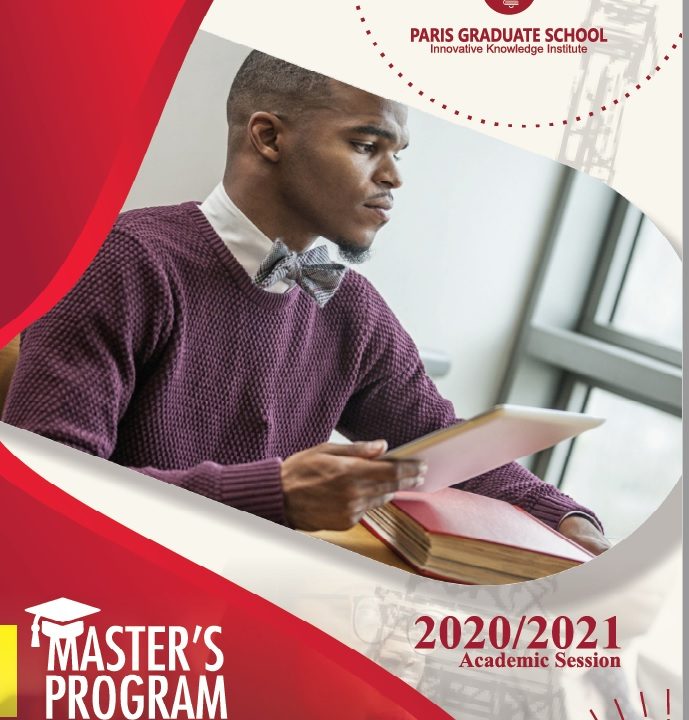Defence lawyers sums up in Hissène Habré war crimes trial

Defence lawyers begin summing up Hissène Habré war crimes trial – The trial of Chad’s former president for war crimes, crimes against humanity and torture has reached its last stage before the judges consider their verdict
Lawyers representing the civil parties in the trial of former Chadian president Hissène Habré have begun summing up, the last stage in the landmark case before judges retire to consider their verdict.
Habré, president of Chad from 1982-90, is standing trial on charges of war crimes, crimes against humanity and torture at a specially convened court, the extraordinary African chambers (EAC), in the Senegalese capital, Dakar. He’s accused of presiding over a network of secret police known as the Direction de la Documentation et de la Sécurité (DDS) and giving direct orders for torture and punishment. A 1990s human rights report from Chad documented hundreds of cases of human rights abuses and estimated that there could have been as many as 40,000 victims. Habré denies the charges against him, and his defence lawyers have suggested he was unaware of the abuses.
In an impassioned speech, Philippe Houssine, lawyer for the Chadian state and representing the victims, reminded the court of the almost 100 witness testimonies heard from September to December 2015. He summarised a number of accounts including prison inmates summarily executed with other prisoners forced to dig their graves, as well the use of the notorious stress position arbatachar (14 in Arabic), where victims had their hands and feet bound behind their back, often having the exhaust pipes of running car engines forced into their mouths.
Houssine argued that the torturers “were sadists and carried out the abuse with pleasure” and went on to claim that any suggestion Habré had been unaware of what was happening was ridiculous as he had personally created the DDS. He added that one of the most feared torturers, Mahamat Djibrine, known as “El Djonto” (himself in prison in Chad), claimed in evidence to a Chadian enquiry that Habré had given the orders. Several witnesses said Habré had been present while torture was carried out, and that he had extinguished cigarette butts on the skin of onlookers.
The news that rape and sexual slavery will not be included on the list of charges against Habré has been greeted with disappointment by a team of international lawyers who sent an “amicus brief” (pdf) to the court in December asking for the charges to be revised. The submission of the brief followed extraordinary testimony by women, one of whom stood opposite Habré in the Senegalese courtroom and accused him of raping her. The presiding judge, Gberdao Gustave Kam, declined to formally accept the brief into the record; however it was used by the lawyers for the civil parties.
“We are glad at least that it seems our submission will influence the court’s work indirectly,” said Kim Thuy Seelinger, director of the sexual violence programme at the Human Rights Center at the University of California, Berkeley, who led the team that drew up the brief.
The Habré case is the first time the leader of one African country has been tried by the courts of another, using the principle of universal jurisdiction. The EAC was set up following a remarkable 25-year campaign for justice by victims’ groups which had even seen efforts to get the case heard in Belgium. Habré, who fled to Senegal in exile when he was toppled in a coup in 1990, enjoyed de facto protection under former president Abdoulaye Wade. However when Macky Sall was elected in 2012 he vowed to put an end to the impasse and the African Union was able to establish the EAC under the existing Senegalese justice system.
Habré has refused to speak or cooperate with the EAC since it began its work in July. He rejects the court’s authority and is being represented by a court-appointed defence team after dismissing his own lawyers. Closing arguments from the civil parties are expected to last two days, and will be followed later this week by the prosecutor general, and then the defence if they choose to speak. A verdict is expected in May. Read more (Courtesy: theguardian.com)



